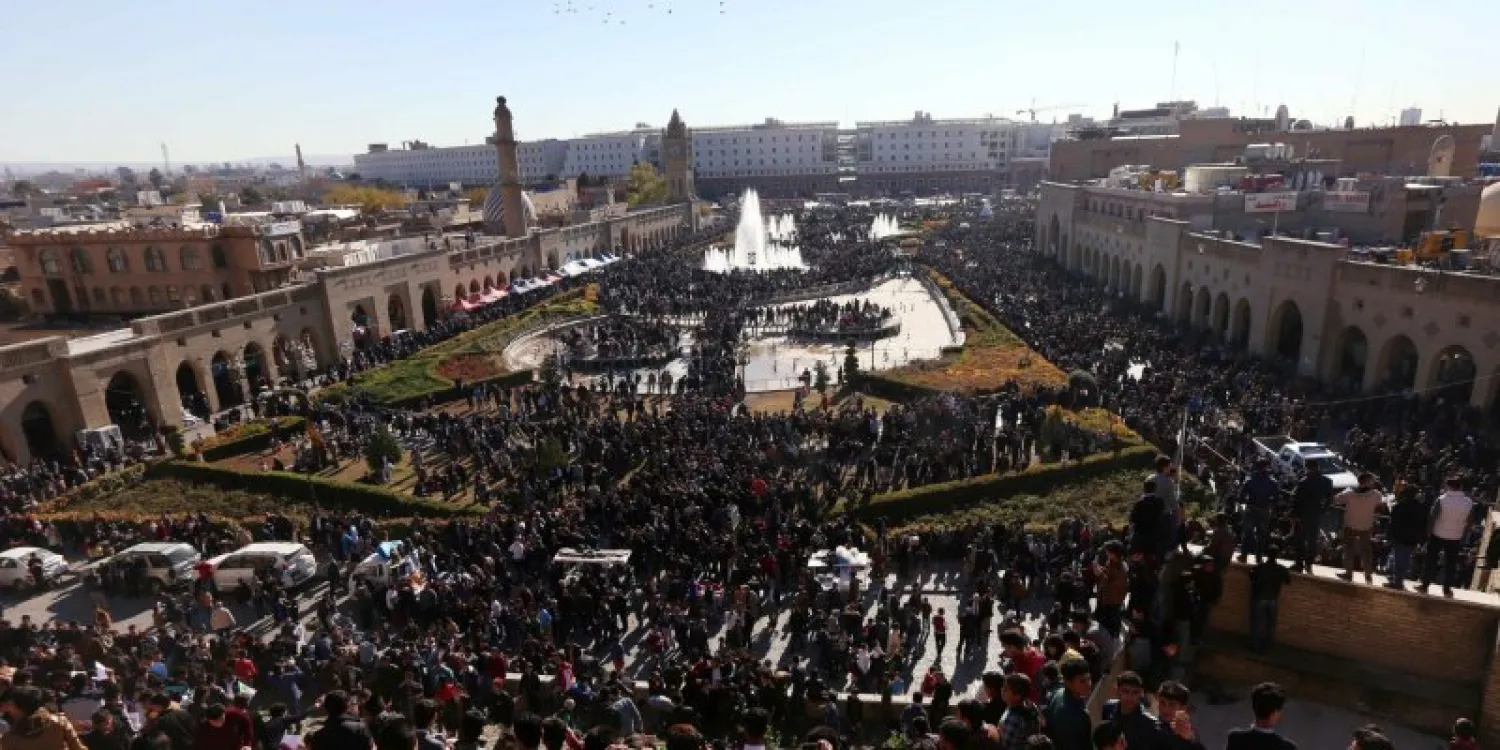A large Saudi business delegation arrived in Erbil on Monday to discuss investment opportunities in the Iraqi Kurdistan Region.
The delegation was led by Saudi Ambassador to Baghdad Abdulaziz Al-Shamri and included 35 senior Saudi businessmen and investors in various fields.
The Saudi delegation – the biggest to visit the region so far - held talks immediately upon arrival with the head of the regional government, Najirvan Barzani, and the concerned ministers in the regional government on ways to strengthen economic relations between Saudi Arabia and Kurdistan in different sectors, mainly the fields of trade, housing and oil.
The governor of Erbil, Nawzad Hadi, told reporters that the Saudi official delegation included the president of the Saudi Chambers of Commerce, and would hold an expanded conference on Tuesday with businessmen in the region in order to form a joint body for economic cooperation, similar to the joint committee in Baghdad between Saudi and Iraqi businessmen.
“The visit of the Saudi delegation is a very important beginning to strengthen economic relations between Saudi Arabia and the region of Kurdistan in various fields,” he stated.
Dara Jalil Khayat, President of Erbil Chamber of Commerce, told Asharq Al-Awsat that the visit aimed to strengthen relations between businessmen from both sides and would contribute to moving forward the economy and investment in the region.
Khayat said that the visit came at a very important time after the elimination of the ISIS in Iraq and the major openness to various countries in the world.
“We have great historical and economic ties with our brothers in Saudi Arabia. We hope that these relations will be invested on the long term. Saudi products are here in the cities of the region, and we also aspire for a strong Saudi commercial and industrial presence,” he added.









